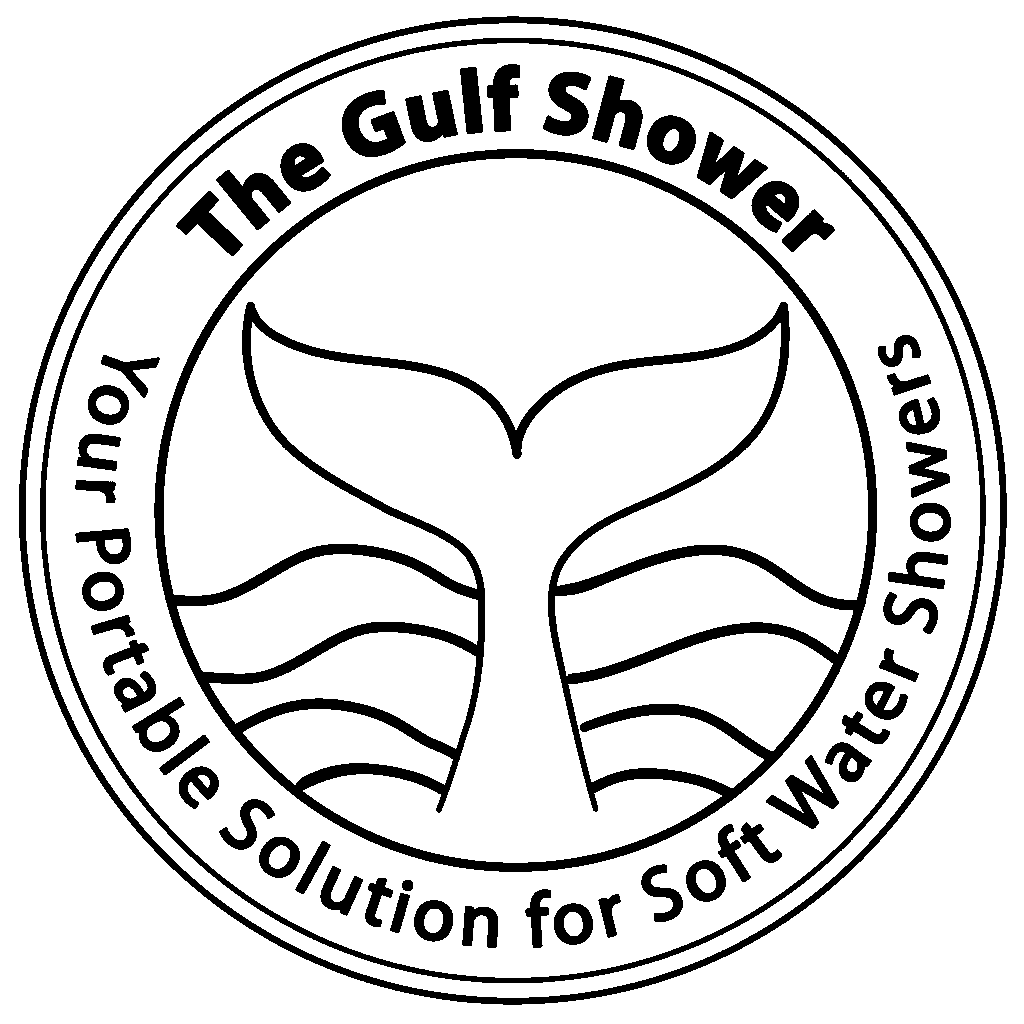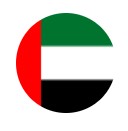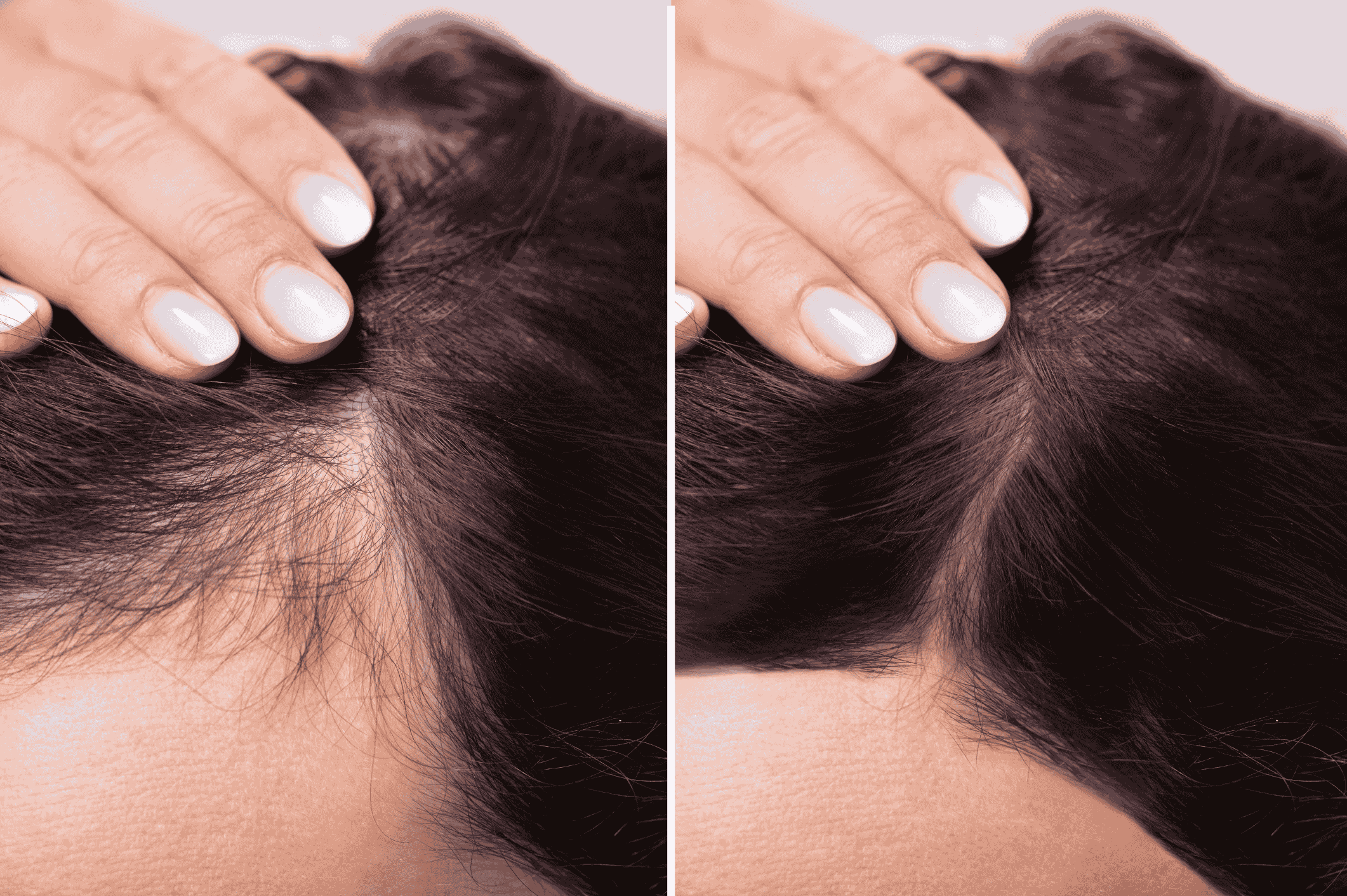
Hair thinning in your 30s in the Middle East is a quiet but common concern—and for many women, it comes without a clear medical explanation.
This article was inspired by a heartfelt Reddit post from a woman in her 30s living in the Gulf, who noticed her hair was thinning despite eating well, staying healthy, and getting clear results from all her hormone tests.
If you’ve ever asked yourself, “Why does my hair feel thinner even though I’m doing everything right?”—you are so not alone.
Hair loss / hair thinning due to hard water in middle east ?
byu/AnyBookkeeper9121 indubai
The Water You Shower With Could Be Part of It
In much of the Middle East, the tap water is considered hard water—meaning it contains high levels of calcium, magnesium, and sometimes chlorine. These minerals don’t just rinse off. They stick. They build up. And over time, they can directly affect your scalp and strands.
Here’s how hard water affects your hair in your 30s:
- It causes mineral buildup on your scalp, which can block healthy follicles
- It dries out your strands, making hair look thinner than it is
- It leads to breakage, especially if you’re already using heat or color
- It irritates your scalp, which weakens roots and can increase shedding
Your hormones might be stable. Your labs might look great.
But the water you rinse with daily could still be working against you.
A 36-Year-Old’s Story (And a Wake-Up Call)
Many expats in the Gulf notice their hair changing gradually—receding fullness at the hairline, texture that feels more brittle, or a slower bounce-back from heat damage.
This isn’t just coincidence. Hair thinning in your 30s in the Middle East often aligns with time spent in hard water environments.
Even subtle hormonal shifts in your 30s make your hair more sensitive. And when you combine that with mineral-heavy water, it’s no wonder your scalp and strands feel more vulnerable.
The good news? You’re not stuck. You can take action—without going overboard.
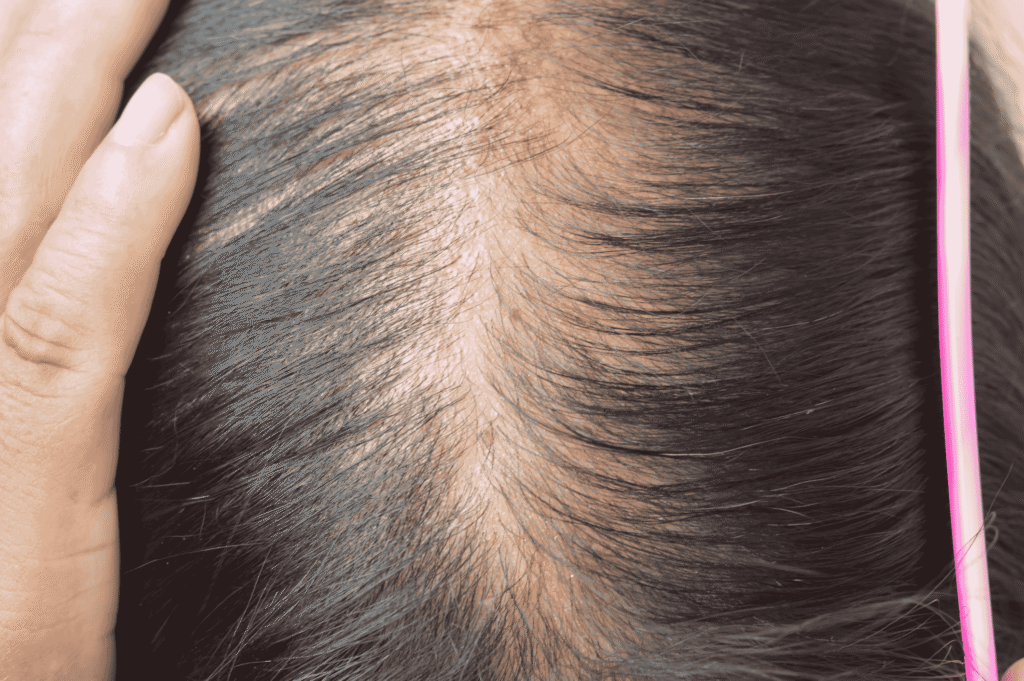
6 Smart Ways to Protect Your Hair
Let’s simplify the overwhelm. Here are six high-impact, low-effort changes that help:
1. Rinse with Clean Bottled Water
Especially after shampooing. This reduces mineral buildup and leaves hair feeling softer. It’s an underrated, powerful step.
2. Use a Portable Pump (Like The Gulf Shower)
Instead of installing a complex filter, use The Gulf Shower to pump clean, mineral-free water directly from drinking gallons. It’s fast, portable, and removes the stress of harsh tap rinsing.
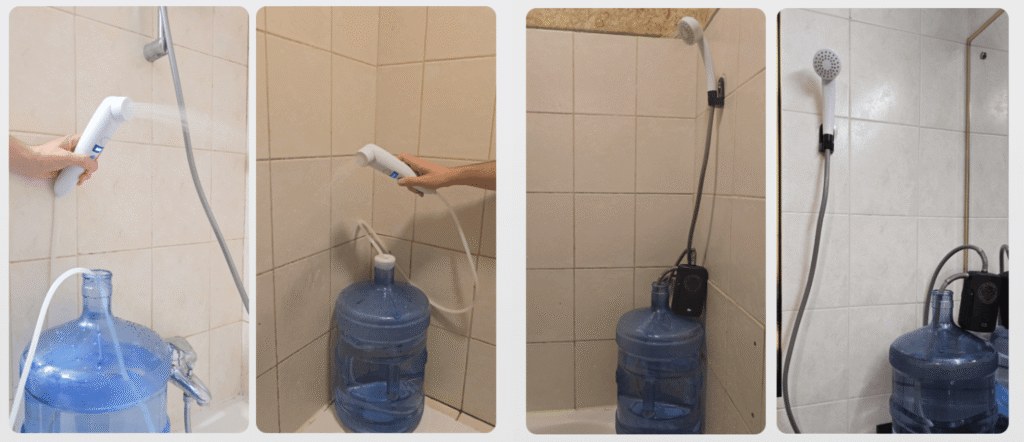
3. Use a Hydrating, Sulfate-Free Shampoo
Look for formulas with aloe vera, argan oil, or glycerin to keep your scalp balanced and strands soft. Sulfate-free means less stripping and more moisture retention—especially helpful in dry Middle Eastern climates.
4. Oil Your Scalp Weekly
Use almond, jojoba, or coconut oil to nourish the roots. Massage it in gently—this supports circulation, soothes inflammation, and replenishes scalp moisture from the inside out.
5. Avoid Overwashing or Harsh Toweling
Let your scalp’s natural oils do their work. Overwashing can dry it out further—especially in mineral-heavy water regions. After washing, pat hair dry with a microfiber towel to reduce breakage and frizz.
6. Try a Weekly Clarifying or Chelating Rinse
Once a week, use a clarifying shampoo or apple cider vinegar rinse to gently break down mineral deposits and product residue. This helps reset your scalp and keeps follicles clear without over-drying.
You’re Not Being Vain—You’re Being Proactive
Hair thinning in your 30s in the Middle East doesn’t mean you’ve failed at self-care. It means your environment has changed—and your hair is adapting.
You’re allowed to care. You’re allowed to take action.
Because looking in the mirror and feeling good isn’t superficial—it’s personal.
So don’t wait until it gets worse. A few shifts in how you rinse, wash, and care for your scalp can make a real difference.
